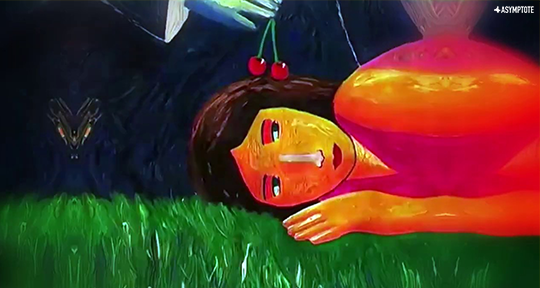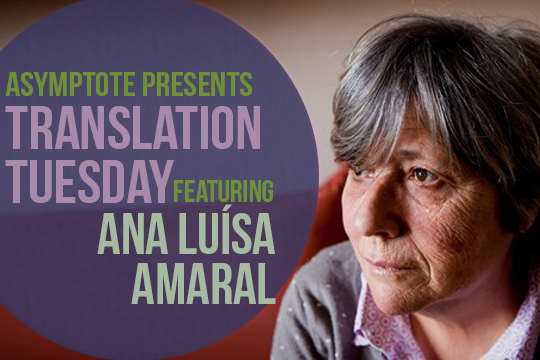This week, our writers bring you news from Slovakia, Bulgaria, and Hungary. In Slovakia, this year marks the centenary of the birth of renowned writer Ladislav Grosman, while Pavol Rankov has made history by winning the European Book Prize 2020; in Hungary, acclaimed poet Krisztina Tóth is being targeted after criticising some books on the country’s school curriculum; and in Bulgaria, George Orwell’s works being released to the public domain in 2021 has sparked a plethora of new translations. Read on to find out more!
Julia Sherwood, Editor-at-large, reporting from Slovakia and Hungary
The beginning of the year marked 100 years since the birth and forty years since the death of Slovak-born writer Ladislav Grosman. Born in the eastern Slovak town of Humenné on 4 February 1921, he moved to Prague after the war where he made his mark as a writer in the 1960s and, following the Soviet-led invasion of Czechoslovakia in 1968, emigrated to Israel where he died on 25 January 1981. Grosman is primarily known for his novel The Shop on Main Street, which he later adapted into a screenplay for the film that won the foreign language Oscar in 1985. His other books, including Nevesta (The Bride) and the 1000-page-long novel Adam remain largely unknown.
With the European Book Prize 2020 for his novel It Happened on the First of September (Or Some Other Time), Pavol Rankov scored a hat trick, becoming the first Slovak recipient of three international prizes (the book won the European Union Prize for Literature in 2009 and the Polish Angelus Prize in 2011). This time a panel of thirteen journalists from the leading European media chose his book as a “a great contribution to researching the memory and consciousness not only of the people of the Eastern bloc but of all Europe.” Reacting to the news Rankov said: “I view the award as more of a recognition of the French translation than of the original Slovak text, which the jury never held in their hands.” Michel Chasteau’s French translation appeared in 2019, and the book is now also available in English, in Magdalena Mullek’s translation.
Slovakia’s literary scene is unthinkable without the colourful figure of publisher Koloman Kertész Bagala. Since founding his publishing house thirty years ago, Bagala has published 500 books by Slovak writers, organised twenty-five rounds of his short story competition Poviedka, and hundreds of discussions, readings and other events, as well as discovering many new Slovak writers. Bagala, sometimes referred to as the “unguided missile of Slovak literature,” has persevered despite several near-bankruptcies and nervous breakdowns. While some authors moved on to more mainstream houses, many have remained fiercely loyal. They include Balla, a past Asymptote contributor, who immortalised the maverick publisher in his novel Big Love. When his narrator bumps into Bagala in a seedy bar in Rotterdam, he observes: “This man looks perfectly at home wherever he is, as if he belongs wherever he happens to be . . . Dishevelled, unkempt, unshaven, frustrated, on the brink of bankruptcy and madness—but right where he belongs.”
And in the week when we celebrate International Women’s Day, we can’t ignore disturbing news from Slovakia‘s southern neighbour, Hungary: Krisztina Tóth, one of most acclaimed contemporary Hungarian poets and writers (and past Asymptote contributor) has become the target of a vicious media campaign after she criticized some of the books in the country’s school curricula for depicting women as passive and submissive (more information on Hungarian Literature Online). Taken out of context, these were presented as calls for the banning of literary classics and she has been subjected to horrendous harrassment, even having dog excrement pushed through her letter box. In an interview with the Czech writer Dora Kaprálová for the Slovak-Hungarian online journal dunszt.sk, Tóth said: “Power has no sense of humour, authoritarian regimes destroy the sense of playfulness and humour, since they assume a variety of points of view. My weapon is irony. But now my weapon has been destroyed and I am bleeding.” READ MORE…







